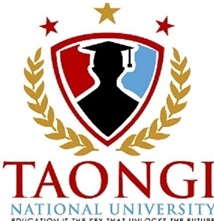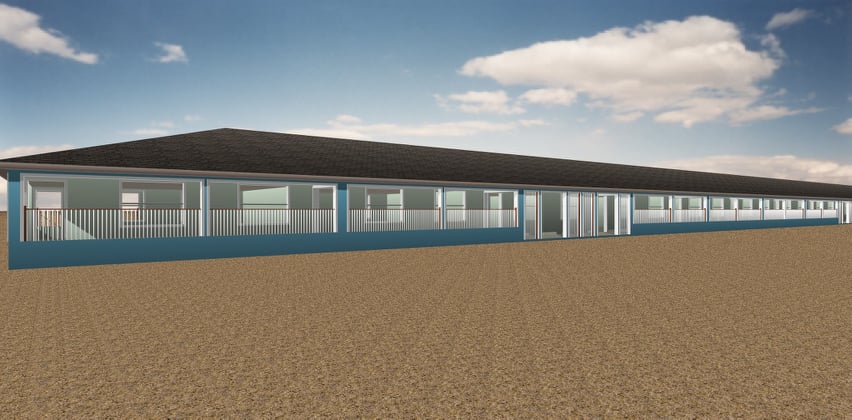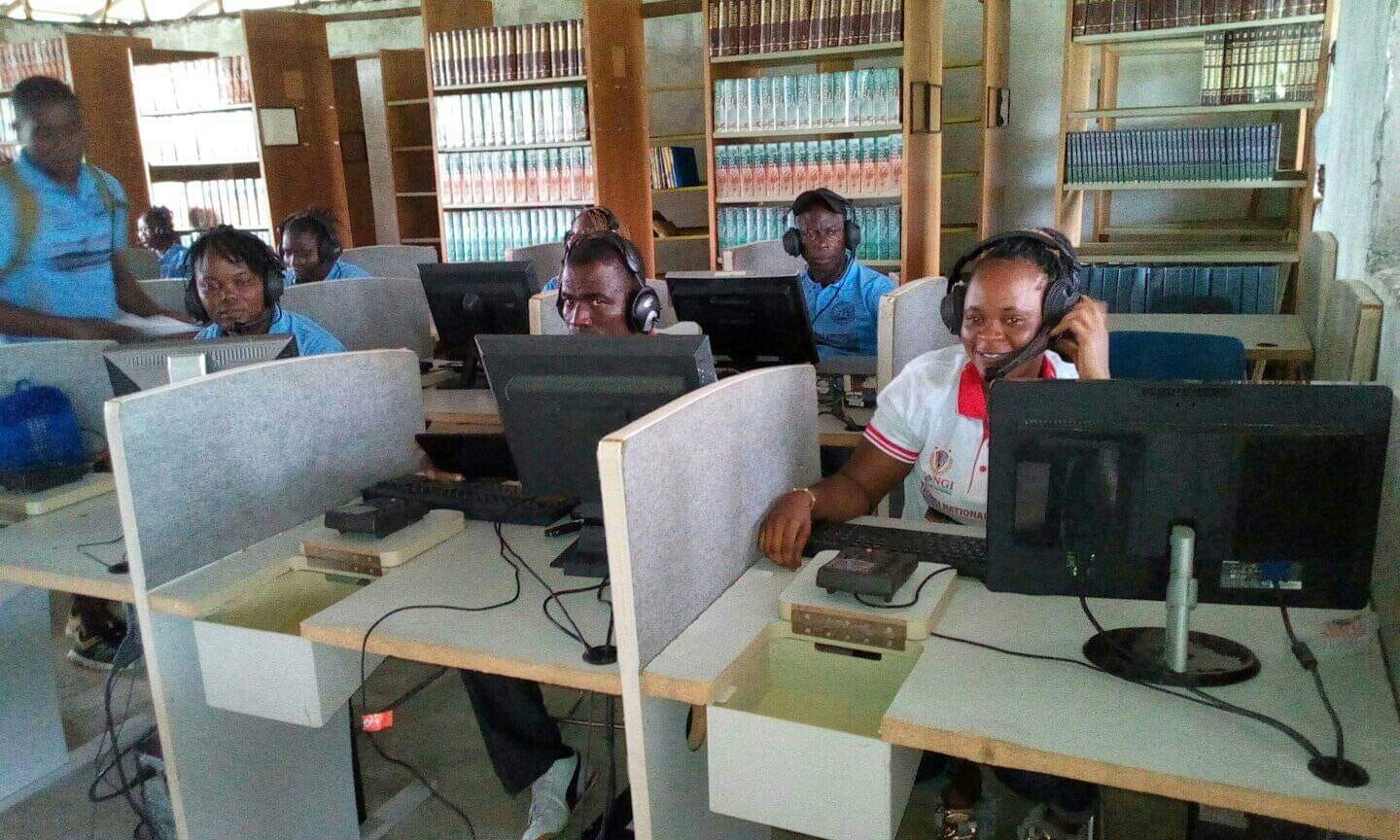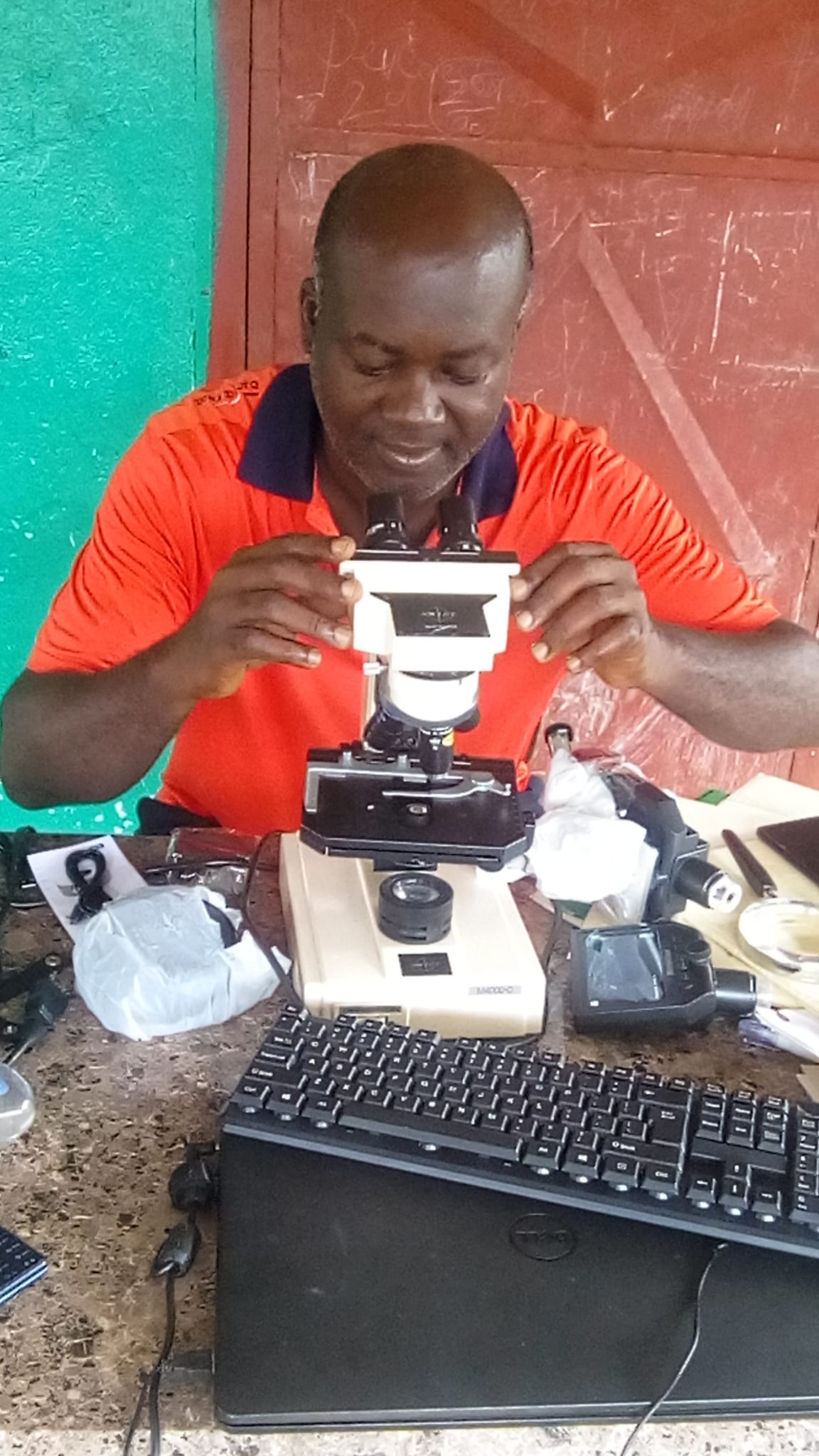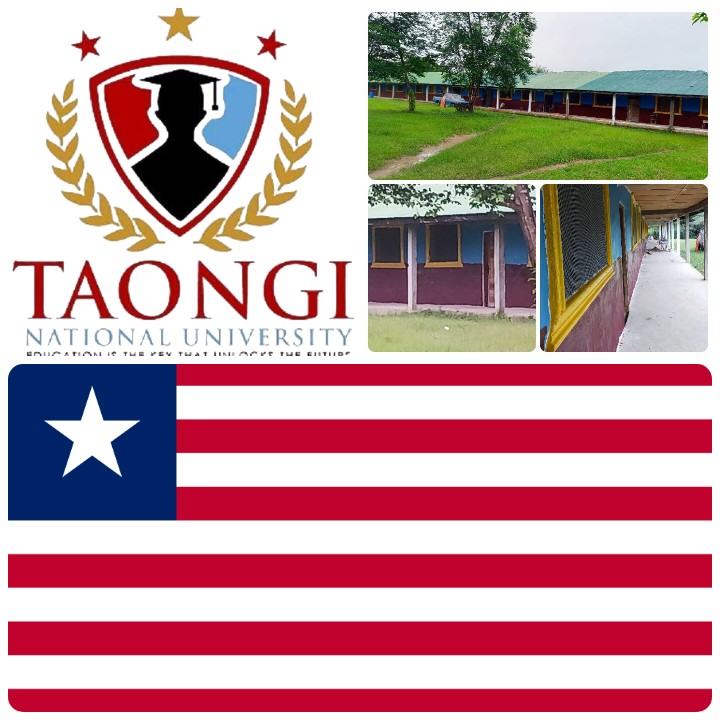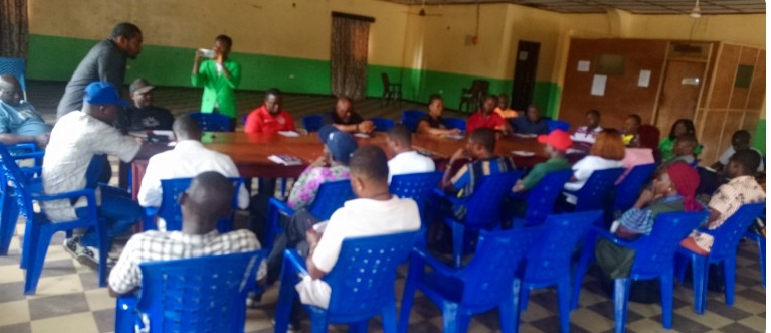
By Ramsey N. Singbeh, Jr
+231880147358 / 772641146
Over the weekend, the Margibi County Development Officer, N. Lewis B. Kaine convened a one day collaboration and accountability forum with various Non-Governmental Organizations (NGOs), International NGOs (INGOs), Community-Based Organizations (CBOs), and Civil Society Organizations (CSOs) operating within the county.
The forum which was more of an acquaintance and an engagement took place at the Kakaka City Hall on Friday September 19, 2025 and also saw the presence of BRAC-Liberia, ZOE-Liberia Program, YMCA, National Action for Governance and Research (NARG), Street Child International and Action for Girls Empowerment (AGE) among others.
The forum was therefore organized as a platform for all stakeholders to meet and engage in constructive dialogue with each other.
During the meeting, several organization representatives highlighted their activities, which Mr. Kaine acknowledged as commendable, though he noted that “not much is known about them because of the approaches they use.”
While in an interaction with reporters immediately following the forum, the development officer stated that the meeting was meant to give his office better insight into these organizations’ presence, activities and the services they provide to local communities.
He explained, “Since I took over as County Development Officer of Margibi, I have observed that these different organizations are not working in close collaboration with my office.”
Kaine raised concern over misconception in the public that only the government is accountable to the people while NGOs, once they have sectorial clearance and funding, operate independently and anyhow.
He says he disagrees with the saying “because for proper accountability, the right approach is, this office should be able to have clear information on your existence, what you are involved with, what service you are providing for the people.”
He urged that the services provided by NGOs be strictly aligned with their project documentation, which clearly defines their mandates.
Kaine narrated that while some deviations from these plans may not be intentional, they often arise from outdated practices.
According to the Margibi County Development Officer, the organizations came to buttress government’s plans emphasizing that such plans be in line with the agenda for development in Margibi.
He recalled the national development blueprint crafted under the Boakai administration—the ARREST Agenda for Inclusive Development (AAID)—which includes the County Development Agenda (CDA) outlining priority areas aligned with the people’s current needs.
In his description, he referred to the forum as an eye-opener that will enable his leadership to better serve the people.
He acknowledged that while some NGO development plans align with the ARREST Agenda, it is critical to focus on the precise areas of implementation.
“Development is a very open statement and it varies from one region to another. For instance, school could be a problem in Margibi, but on the other hand school is not a problem in every part of Margibi,” he explained, noting that some communities have functional schools but face challenges related to school locations.
Kaine highlighted that the county has all databases and development plans, encouraging NGOs to closely engage his office for accurate guidance on key focus areas.
According to him, if the county leadership were to recommend priority sectors, it would underscore agriculture, roads, health, education, and rule of law while acknowledging the existence of other needs.
He pledged to employ multiple approaches to ensure NGOs operating in Margibi are properly accountable and their work closely monitored. Kaine assured that going forward, all involved parties would work to rectify past issues and build strong platforms for NGOs, INGOs, CBOs, and CSOs to genuinely support government development efforts in the county.


